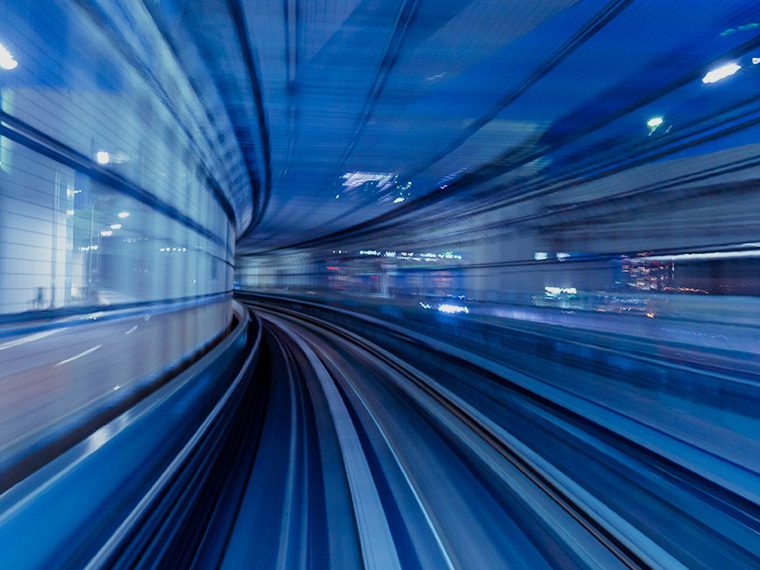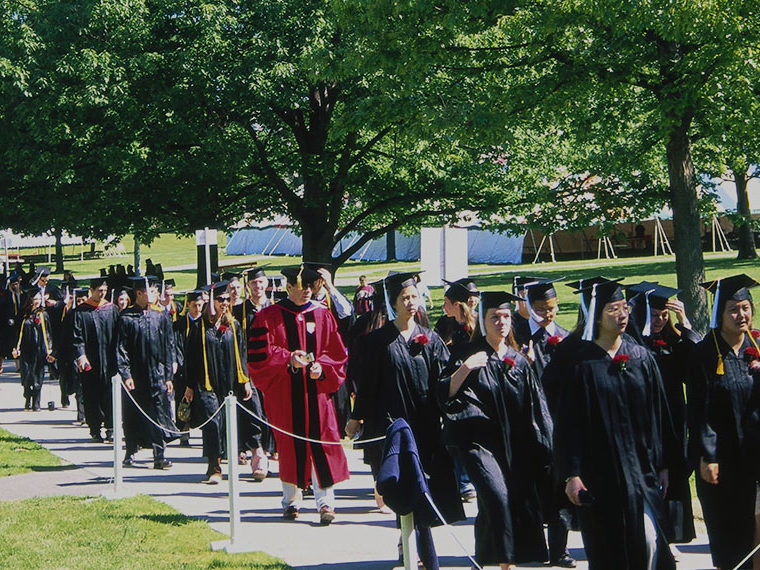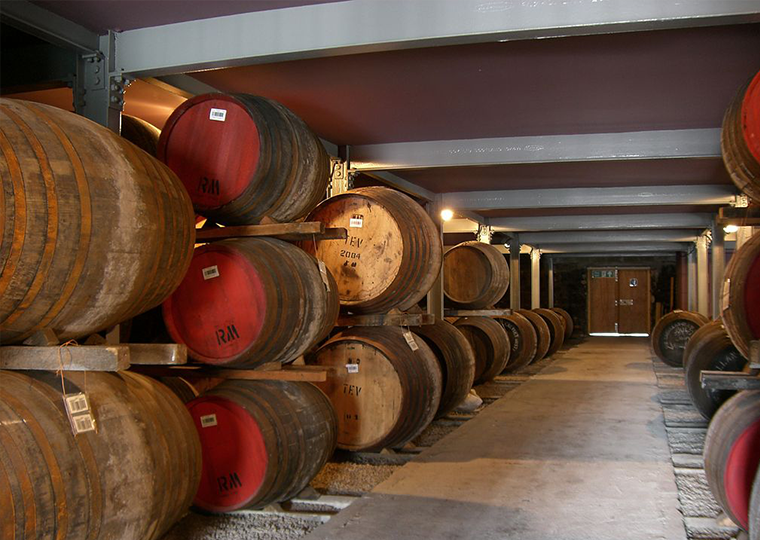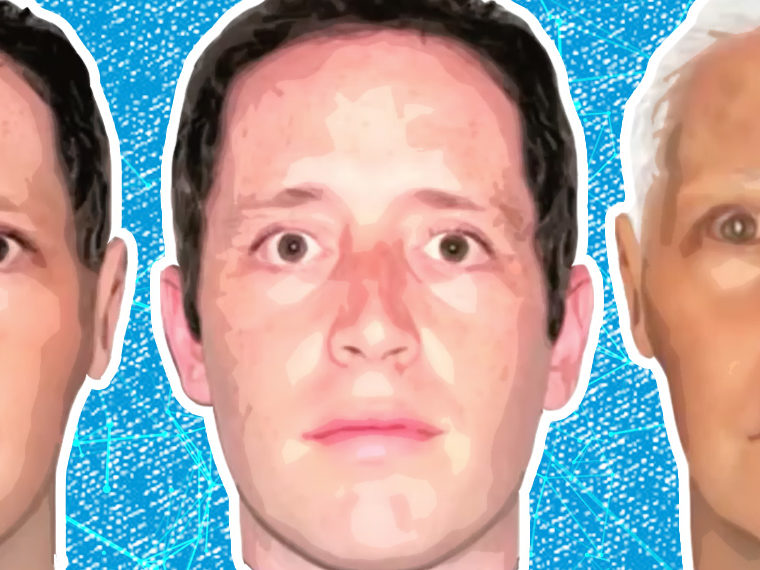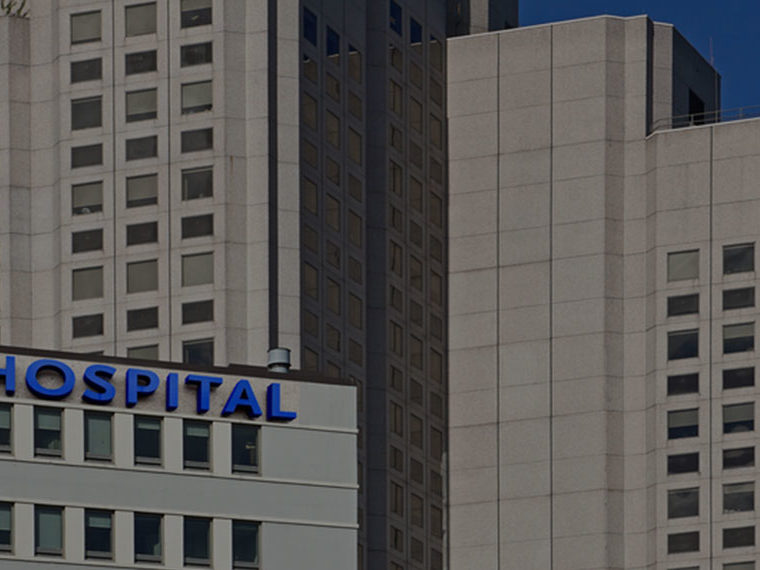Exposure to discounts makes people impatient
Sales, discounts and price promotions represent tried-and-true marketing tactics. Retailers use them to boost demand, clear unwanted inventory and encourage trial. They’ve become ubiquitous. Retailers get a shot in the arm and consumers save money.
But according to UCLA Anderson’s Franklin Shaddy and National University of Singapore’s Leonard Lee, the use of sales promotions might not be as beneficial, or even as benign, as previously assumed. It turns out that being on the receiving end of promotional offers can cause impatience. And the prospect of getting a good deal doesn’t just compel us to snatch up the bargain in a hurry. It also seems to trigger impatience, “even when people do not actually take advantage” of the discount and “even when impatience is measured in an unrelated domain,” the researchers write in an article published online in the Journal of Marketing Research.
What prompted the research? “We got really interested in all the hysteria that accompanied Black Friday every year,” Shaddy said in an email exchange. The day after Thanksgiving, which traditionally signals the start of the holiday shopping season, “is the one day of the year when we are most inundated with sales promotions, and it also happens to be the one day of the year when we see the most impatience out of consumers. People wait in frustratingly long lines, stores are packed and customers even get into fights with each other. We thought the association might be more than coincidental.”
Opt In to the Review Monthly Email Update.
So, in a series of experiments, Shaddy and Lee presented participants with various sales promotions and then measured impatience. In one study, participants reviewed an advertisement for new Apple products, which were either deeply discounted or regularly priced. They were then given the option to complete a video survey.
Unbeknownst to participants, the video survey contained a loading wheel that was programmed to spin indefinitely, never actually loading the video. This allowed Shaddy and Lee to test for impatience by measuring the amount of time participants spent futilely waiting, before skipping the survey altogether. Those who had first reviewed deep discounts on the Apple products gave up after an average of 52 seconds, while those in the control group waited for more than 70 seconds on average.
Why do sales promotions cause impatience?
“There is actually a lot of previous research showing that reward seeking (think about any kind of high-arousal state like hunger or excitement) causes impatience. And for consumers, there are few greater rewards than saving money,” Shaddy explained. “So if discounts trigger reward seeking, they should also trigger impatience.”
To test this explanation, the researchers measured participants’ so-called “reward sensitivity” in another study, predicting that those with high sensitivity to rewards would react more intensely to sales promotions. After exposure to either deeply discounted or regularly priced Apple products, participants responded to a scenario in which they were asked whether they’d be willing to improperly use a self-checkout line at a grocery store (because they were in a rush). Those who thought about discounts were likelier to break the rule — that is, exhibit impatience — and this effect, as predicted, was strongest among participants with the highest reward sensitivity.
Given that impatience can sometimes be costly for consumers (compelling them, for example, to pay for expedited shipping, faster service, no line), Shaddy and Lee observe that when it comes to sales promotions, “the bargain itself might be more than consumers bargain for.”
In related research, UCLA Anderson’s Sanford E. DeVoe and the University of Toronto’s Julian House and Chen-Bo Zhong found that exposure to fast food similarly increased impatience in contexts unrelated to eating.
In a paper published in the Journal of Personality and Social Psychology, the researchers report a connection between fast food and impatience in financial decision making that extends even to physical location. According to their study, “Pedestrians walking down the same urban street exhibited greater delay discounting (demanding a bigger reward in return for waiting for payment) in their choice of financial reward if they were surveyed in front of a fast-food restaurant, compared to a full-service restaurant.”
Featured Faculty
-
Franklin Shaddy
Assistant Professor of Marketing and Behavioral Decision Making
-
Sanford E. DeVoe
Professor of Management and Organizations; Area Chair
About the Research
Shaddy, F., & Lee, L. (2019). Price promotions cause impatience. Journal of Marketing Research. doi: 10.1177/0022243719871946
DeVoe, S.E., House, J., & Zhong, C. (2013). Fast food and financial impatience: A socioecological approach. Journal of Personality and Social Psychology, 105(3), 476–494. doi: 10.1037/a0033484

